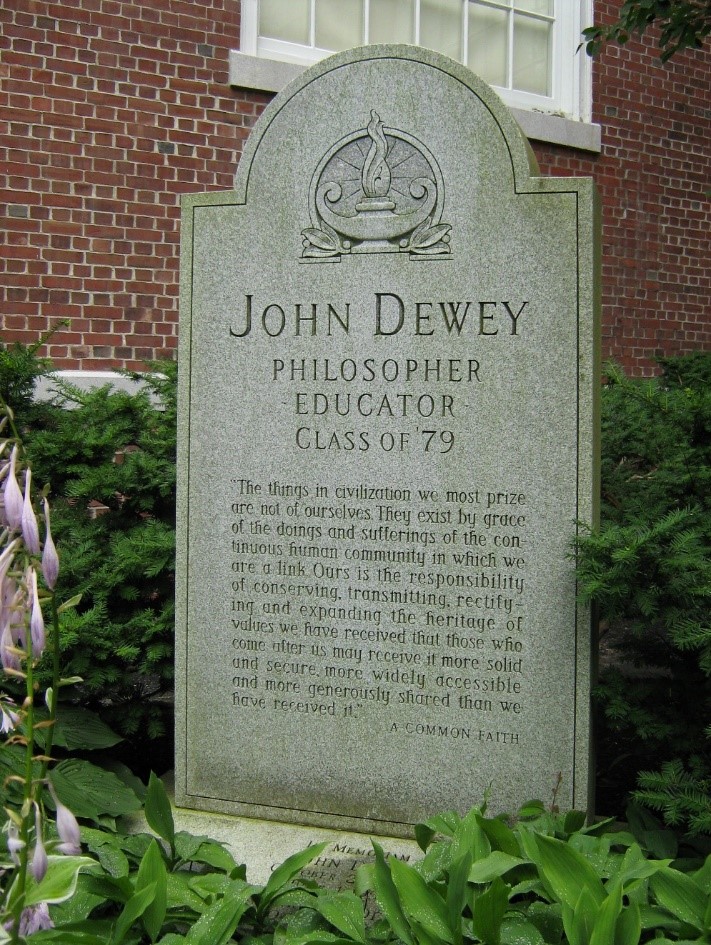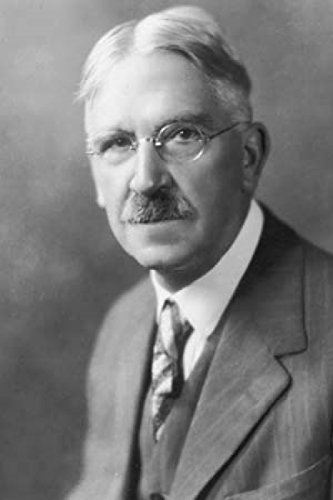
John Dewey was one of the greatest American philosophers, psychologists and educators, and pioneered pragmatism and functional psychology.
Below is an excerpt from a biography of John Dewey included with our books.
| Title | Published |
|---|---|
| My Pedagogic Creed | 1897 |
| 1896 |
John Dewey was born on October 20, 1859 in Burlington, Vermont, U.S.A.
John Dewey was born in Burlington, Vermont to a family of middle class. Dewey was one of four boys born to Archibald Dewey and Lucina Artemisia. Their second born son and first John born died in a tragic accident on January 17, 1859. On October 20, 1859 John Dewey was born, three years after the death of his older brother.
John Dewey was a very bright boy and finished his high school education at the age of 16 and went to the University of Vermont in 1875.
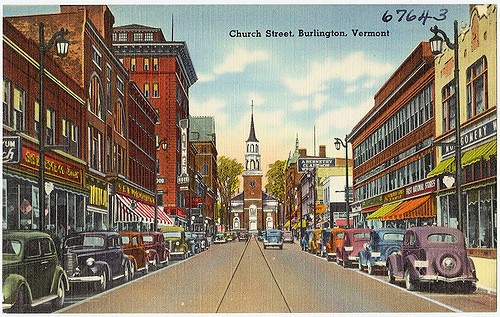
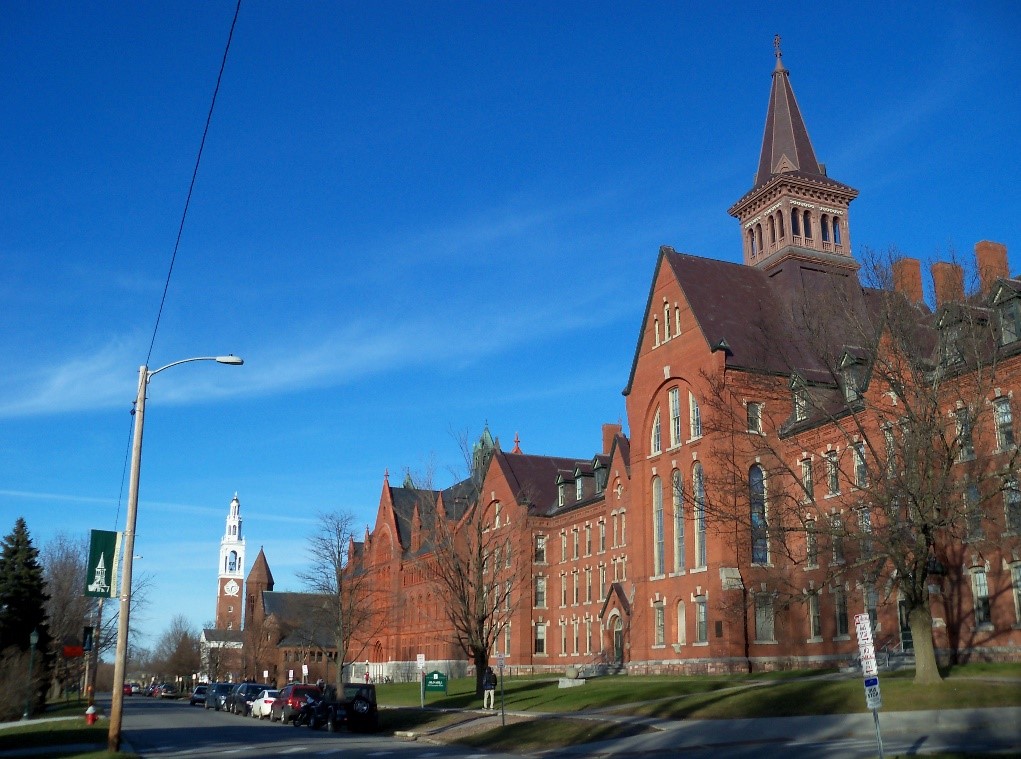
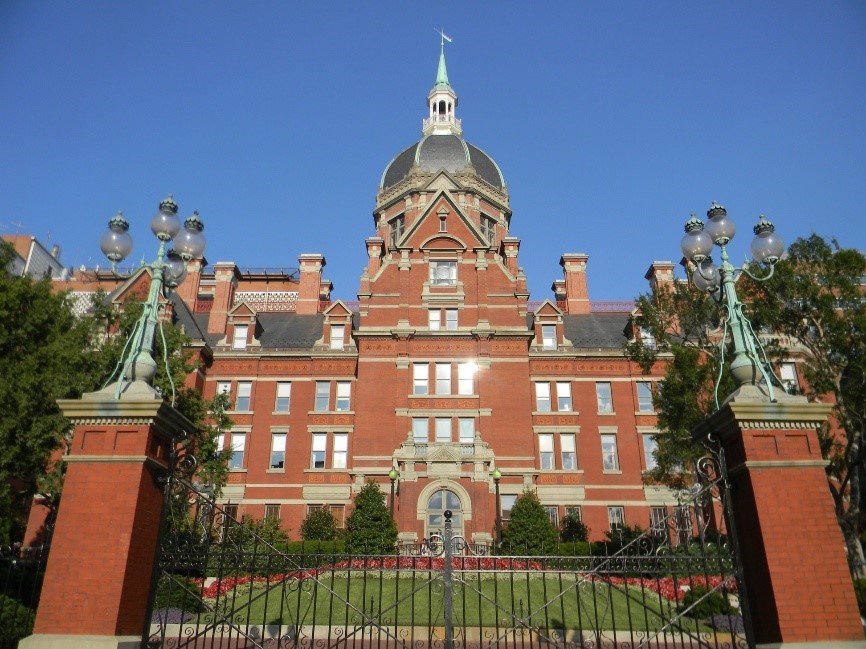
John Dewey attended the University of Vermont and graduated in 1879. Henry Torrey, the son-in-law of the University of Vermont president Joseph Torrey, was John Dewey’s professor and he mentored Dewey privately until Dewey went to Johns Hopkins University.
After two years as a high-school teacher in Oil City, Pennsylvania and as a teacher in an elementary school in the small town of Charlotte, Vermont, Dewey decided to persuade his Ph.D. at John Hopkins University.
After studying with Charles Peirce and George Morris, Dewey received his Ph.D. in 1884 from the School of Arts & Sciences at Johns Hopkins University by presenting his dissertation titled “The Psychology of Kant”.
After receiving his Ph.D., Dewey accepted his first faculty position at the University of Michigan from 1884 -1894.
In 1894 Dewey joined the University of Chicago from 1894–1904 where he developed his belief in Rational Empiricism and contributed the formation of the newly emerging Pragmatic philosophy with William James and Charles Peirce.
Dewey at the University of Chicago published four essays collectively entitled “Thought and its Subject-Matter”, “My Pedagogic Creed”, and “The School and Society”. In 1896 at the University of Chicago, Dewey also completed his most significant work The Reflex Arc Concept in Psychology, a critique of a standard psychological concept and the basis of all his further work.
During his time at the University of Chicago, Dewey also founded the University of Chicago Laboratory Schools to deliver his pedagogical beliefs “to prepare him for the future life means to give him command of himself; it means so to train him that he will have the full and ready use of all his capacities”.
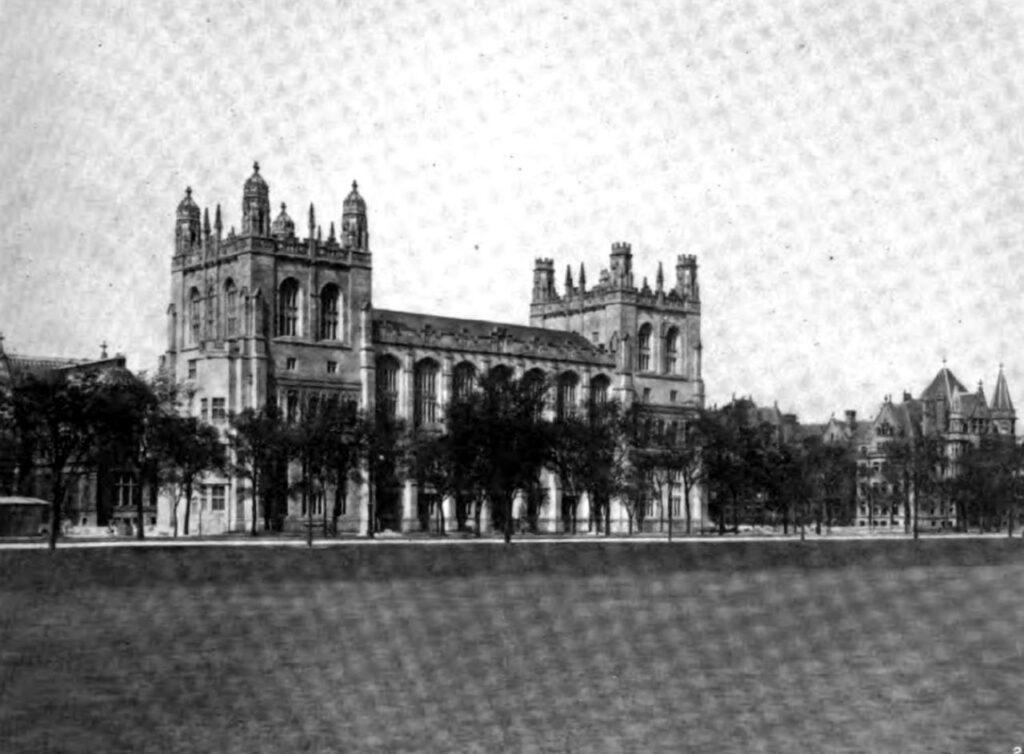
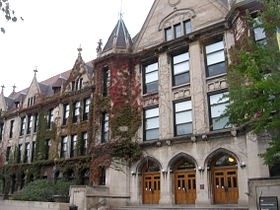
In 1899, Dewey was elected as the president of the American Psychological Association.
From 1904 until his retirement in 1930, Dewey was professor of philosophy at both Columbia University and Columbia University’s Teachers College.
In 1905 he became the president of the American Philosophical Association that was one year earlier than James William’s presidency for the Association. He was also a longtime member of the American Federation of Teachers due to his lifelong passion to education.
Along with the historians Charles Beard, James Harvey Robinson, and the economist Thorstein Veblen, Dewey founded The New School.
In 1919, Dewey was invited by Peking University (now Beijing University) to visit China at the request of his former student Hu Shi and he ended up staying in China for two years, leaving in July 1921.
In China from 1919 to 1921, Dewey gave nearly 200 lectures to Chinese audiences and he advocated that Americans supported China’s transformation in education and social reforms, not revolution. Dewey also advocated “Mr. Democracy” and “Mr. Science” of representing modern values in China. Dewey’s biggest impact on China was on the forces for progressive education in China including Hu Shi, Chiang Monlin, and Tao Xingzhi who had studied with him at Columbia School of Education. Hua Shi, Chiang Monlin, and Tao Xingzhi were the pioneers of laying out the foundation of modern educational systems in China.
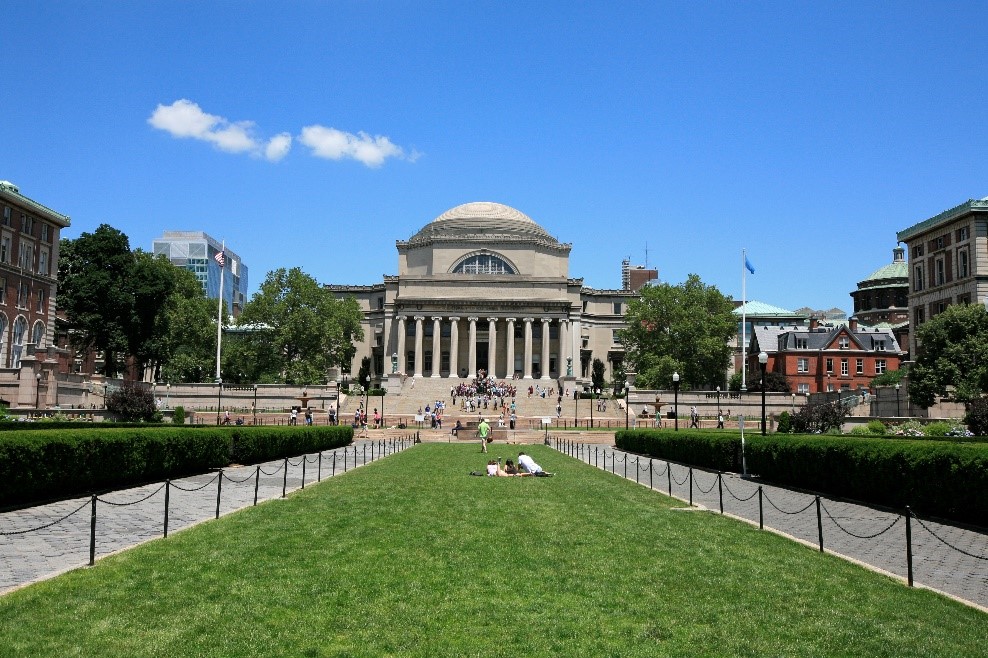
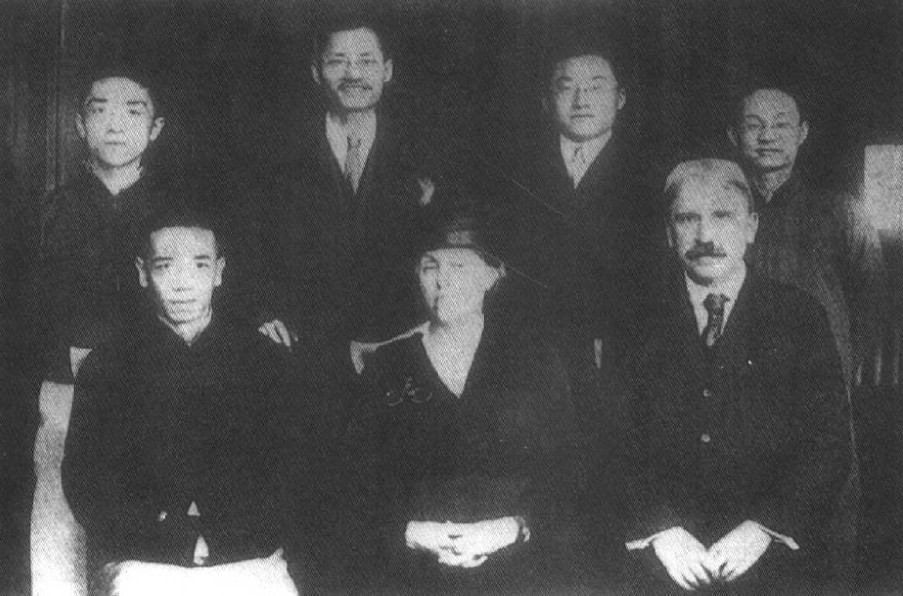
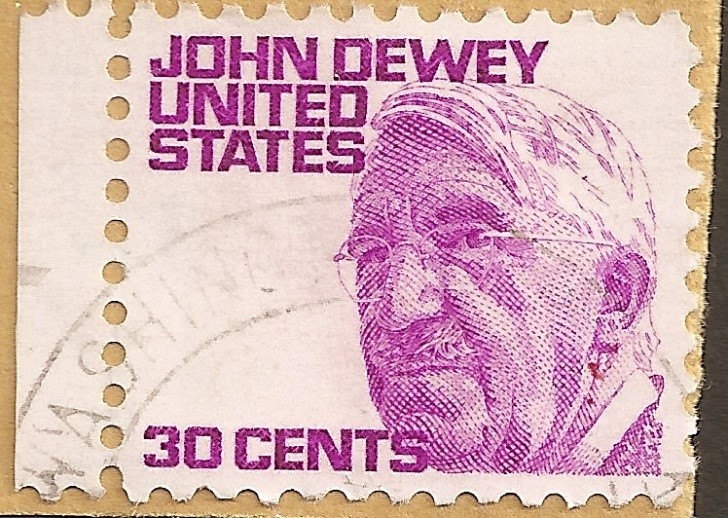
John Dewy in his lifetime published more than 700 articles in 140 journals, and approximately 40 books. Dewey was first married to Alice Chipman. They had six children. His second wife was Roberta Lowitz Grant.
What finally emancipated John Dewey from the cumbersome and academic systems of transcendentalism was his discovery in 1891 of William James’ “Psychology.” In this work, Dewey not only found the “instrumental theory of concepts” on which Dewey’s logic was based, but also experienced that contagious mental “loosening up” with which James influenced his generation and which made him the father of American philosophy.
Hilda Neatby in 1953 wrote “Dewey has been to our age what Aristotle was to the later Middle Ages, not a philosopher, but the philosopher.”
Of special note in his public life was his defence of fellow philosopher Bertrand Russell against an attempt by conservatives to remove him from his chair at the College of the City of New York in 1940.
The United States Postal Service honored Dewey from 1965–1978 with a Prominent Americans series 30¢ postage stamp.
Dewey retired from active teaching in 1930; but he did not curtail his activity either as a public figure or productive philosopher. Dewey continued to work vigorously throughout his retirement until his death on June 2, 1952, at the age of ninety-two.
John Dewey died of pneumonia in his home, 1158 Fifth Avenue, New York, at 92 years old on 6/1/1952.
John Dewey was permanently settled with his wife in an alcove on the north side of the Ira Allen Chapel at the University of Vermont in Burlington, Vermont.
